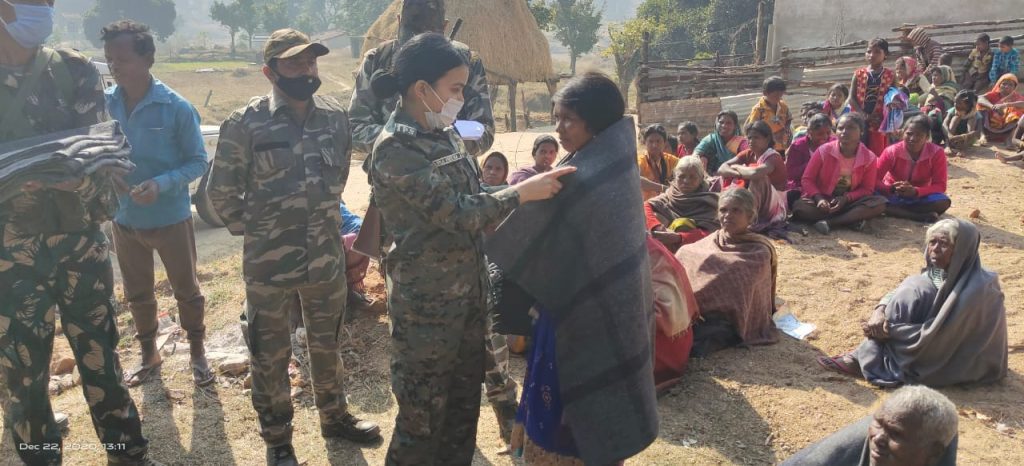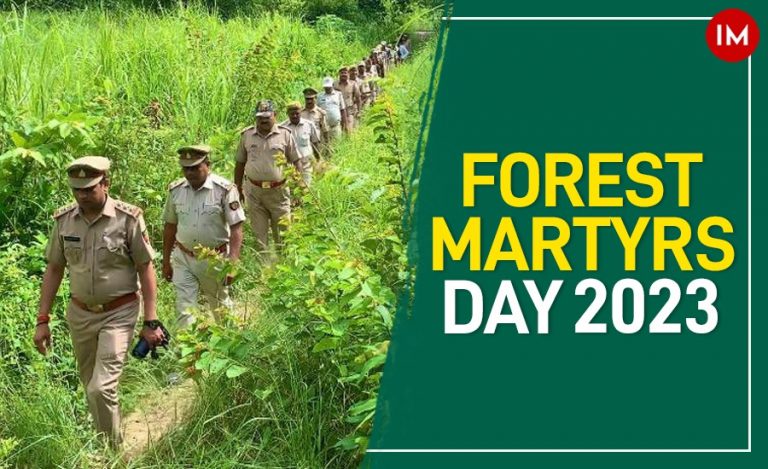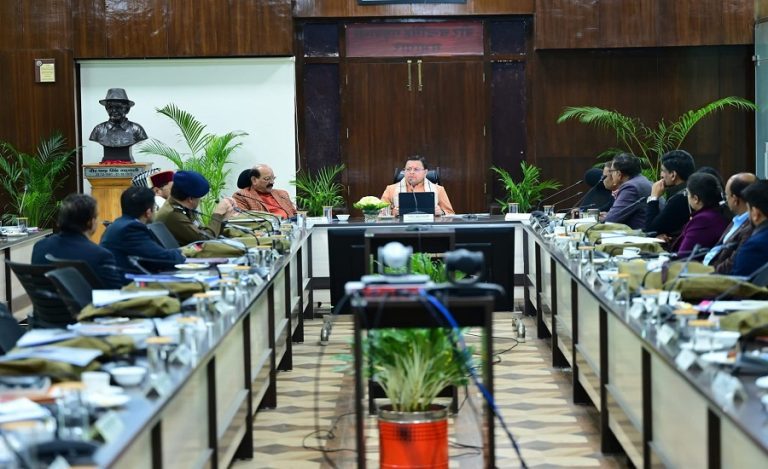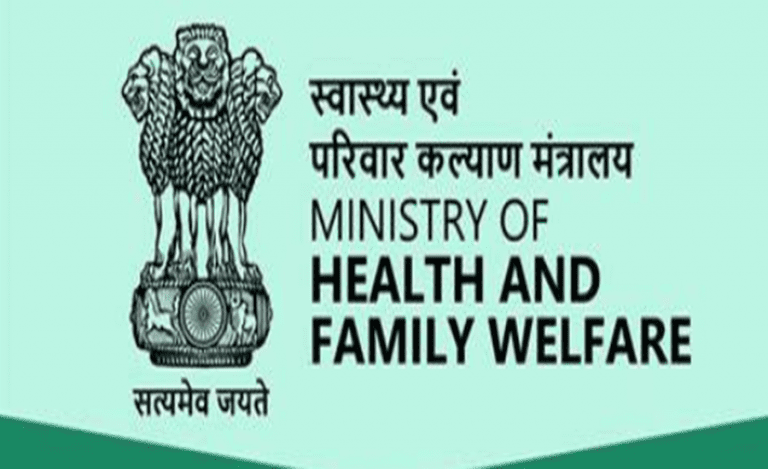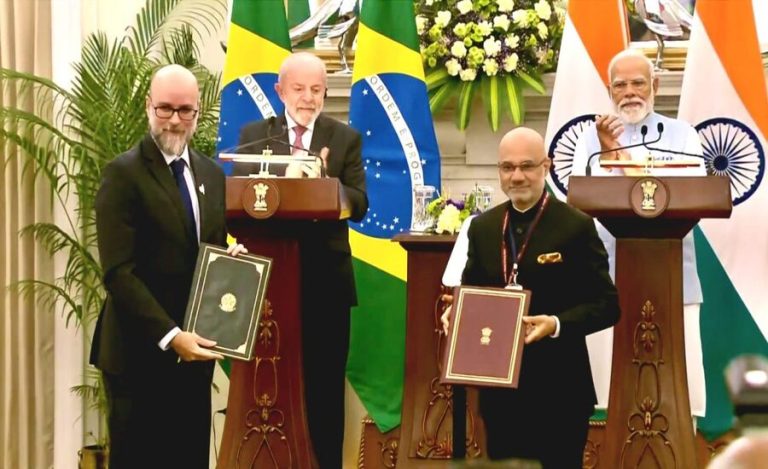Whether it is policing or administration, working in a tribal-dominated district is quite challenging for a bureaucrat. Since the tribes have their own unique cultures and traditions, one has to be very sensitive and careful while connecting with them, more so if the area has seen turmoil due to communal violence. However, working upon communication and winning the trust of people can do wonders when it comes to handling any law-and-order situation. And this was the mantra of IPS officer Priyanka Meena when she was posted in Lohardaga, Jharkhand, when the area was dealing with the after-effects of a communal riot.

Hailing from Rajasthan, Ms. Meena was posted in Jharkhand for the first time as her parent cadre is Maharashtra. She had a huge responsibility to bring back normalcy into the district. The senior officers and local leaders were sceptical about her capabilities, but she pushed on and gave results in just six months of her posting.
In conversation with Indian Masterminds, the 2013-batch IPS officer shared about her strategies when dealing with law and order and Covid-19, while she was posted in Lohardaga.
LOHARDAGA DIARIES
On 23rd January 2020, a Pro-CAA (Citizenship Amendment Act) rally was attacked, leading to communal violence and panic in the region. Many houses and shops were burnt down, after which section 144 was imposed in most parts of the district. The curfew continued till February end. Even after the lifting of curfew, the district which has major tribal population along with Hindu and Muslim communities was in a highly sensitive state.
In April 2020, Ms. Meena was posted and was expected to handle the situation. However, many local leaders and seniors were not happy with the posting of a female officer. However, this never bothered Ms. Meena who had already broke many stereotypes during her previous postings in Maharashtra, at places like Malegaon and Palghar, etc.

She started working in the grassroot level for gaining the trust of the people. With her efforts, the crime rates in the area reduced exponentially.
“After getting to know about the district, I found that the detention rates in criminal cases was very low. This was one of the main reasons why people preferred to deal with situations on their own rather than coming to the police. I focused on this part and tried to increase the detention rates in each crime through quick action. From 30% detention rate, we had reached to almost 100%. This has established trust among the people that nobody will be spared if they go against the law,” Ms. Meena said.
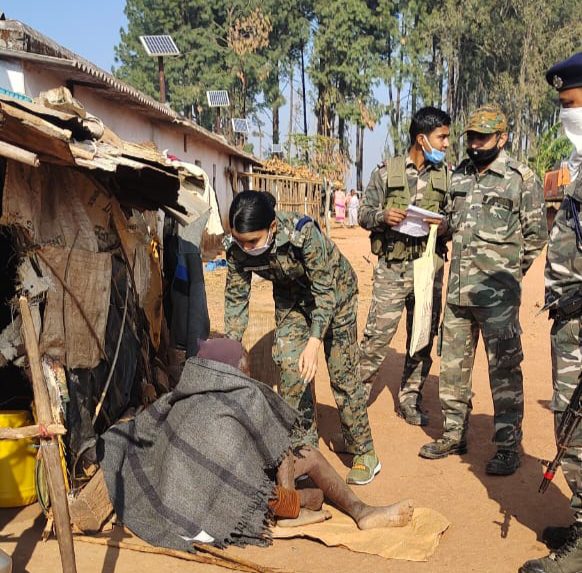
She also tried to be available 24 hours for the people, which motivated other police personnel who were working under her. Her team also dedicated one day in a week to the public, where they dealt with petty issues related to land or money lending. With all these activities, Ms. Meena had become quite popular among the people of Lohardaga.
COMMUNITY KITCHEN DURING LOCKDOWN
When lockdown was imposed due to Covid-19 crisis and many daily wage workers lost their jobs, Ms. Meena and her team started to feed them. In almost every police station, a community kitchen was started, and patrolling cars were used to deliver medical requirements to people. “We cooked and distributed food to more than one lakh people. For the first time, I saw people coming to the police stations with smiling faces. It was an overwhelming situation for me,” she said.
(Ms. Priyanka Meena is currently posted as the Assistant Director in National Crime Records Bureau)

